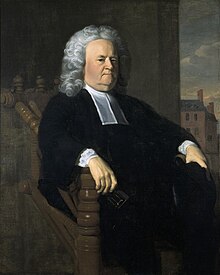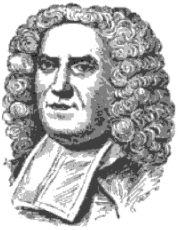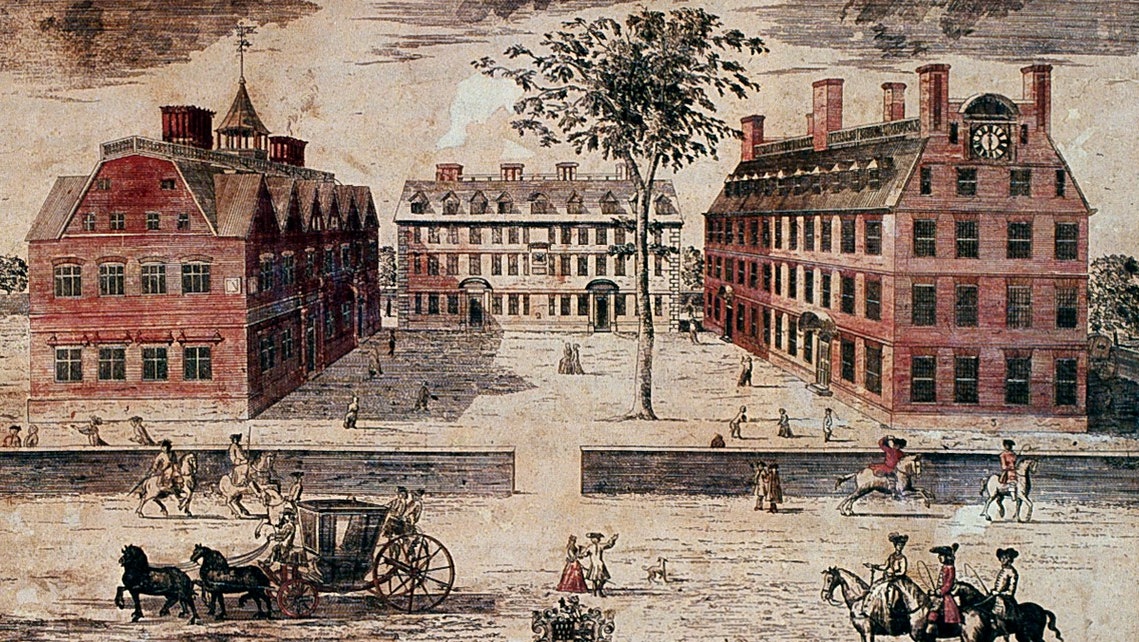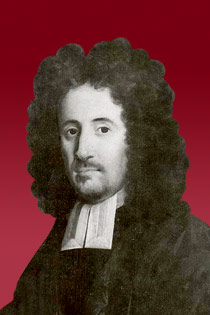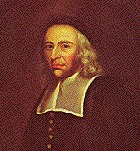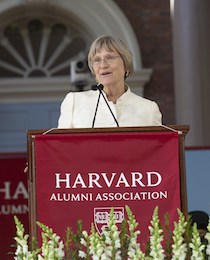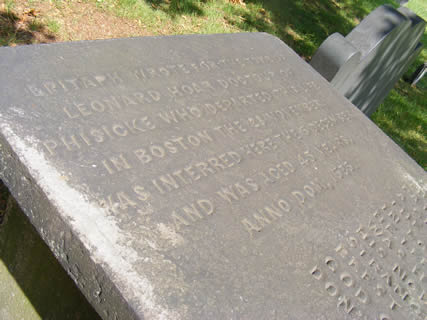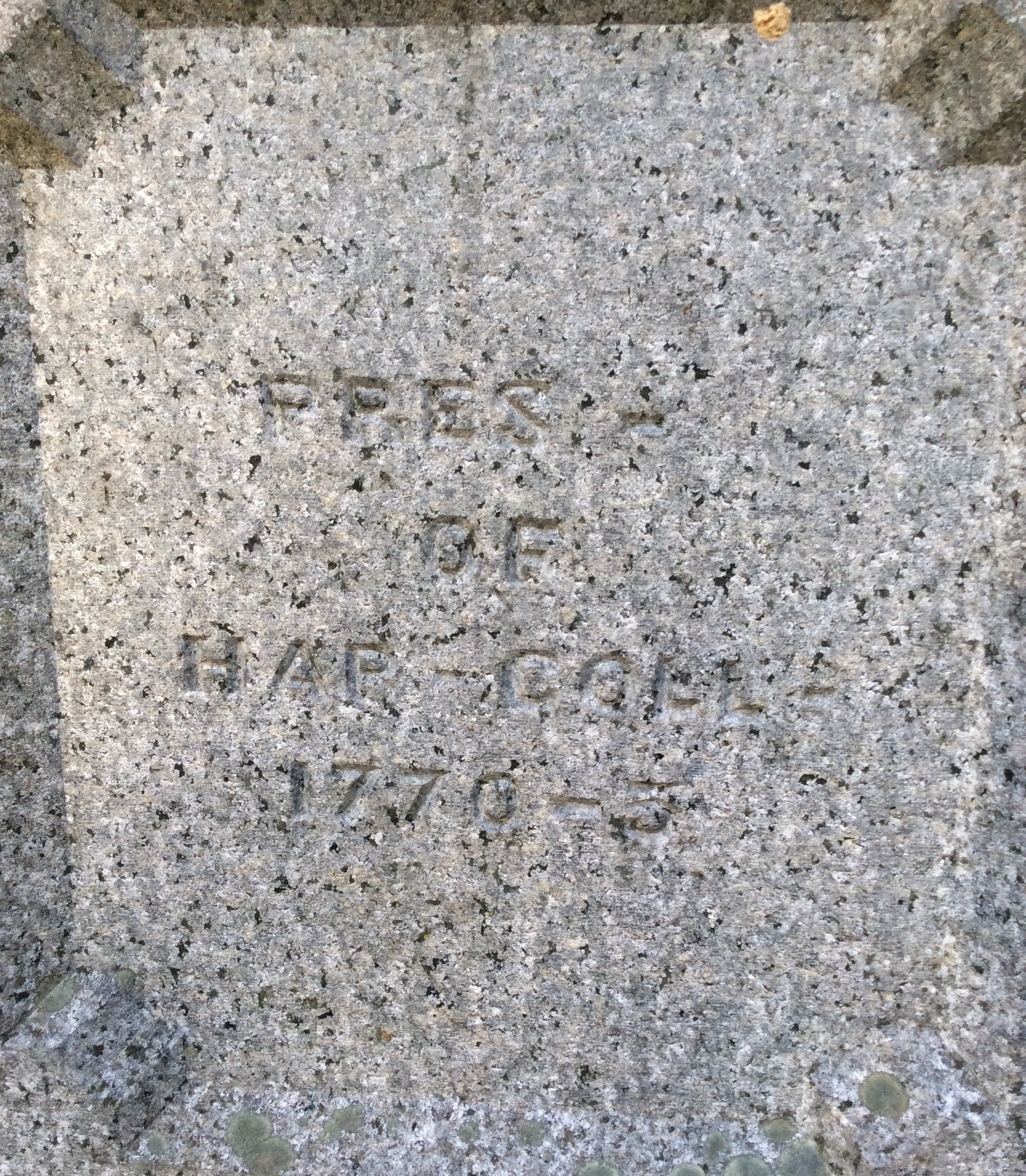TL;DR -- We can split the group of Heads into three eras by a major event. The Revolutionary War (Declaration of Independence) ends the Colonial period. Then, we go until 1900 covering a century of frontier living with respect to the interior. From there, we stop at 2000. We have looked at some of these periods, already having spent some time roaming the interior, with the last two being restricted to virtual looks.
--
We had an earlier post on this subject (U.S. and Harvard, I) that was motivated by History of Harvard (ours) in the 1900s. Another interest behind the stop and look had been our experience in looking for the pedigrees of these folks, many of whom are of New England families. A few were new arrivers.
This time, we are looking at generations using fuzzy founds, which result in three categories: Colonial, Revolutionary War to 1900, and, then, post 1900. Let's look at each of these and identify the Heads as they relate to the period.
- Colonial - The fifth generation was heavily involved with the war that ended this period, however the fourth provided crucial leadership. After all, they had been trained by the Crown to fight in the French-Indian affair.
- Revolutionary War to 1900 - This period saw the U. S. Civil War which was an affair of the 8th generation. C. E. Eliot (21st) came in right after this conflict and was there until the end of the period. There were seven Heads from the turn of the century (1800 or pre-Lewis/Clark) until the Civil War. This is a period of huge adjustment. Was that later one (from the Civil war on) larger?
- From 1900 to 2000 - A period of huge changes, all around. We have not touched upon this as of yet, due to privacy concerns. As in, going to 1900 excludes most of the living who are in the sets of interest (Cape Ann, Essex County, Massachusetts, New England, U. S., where this series applies to both space and time). But, we can research and protect the living (the Census waits 70 years - data from the collection of 1950 recently released; we can be a little more current).
Remarks: Modified: 10/07/2022







